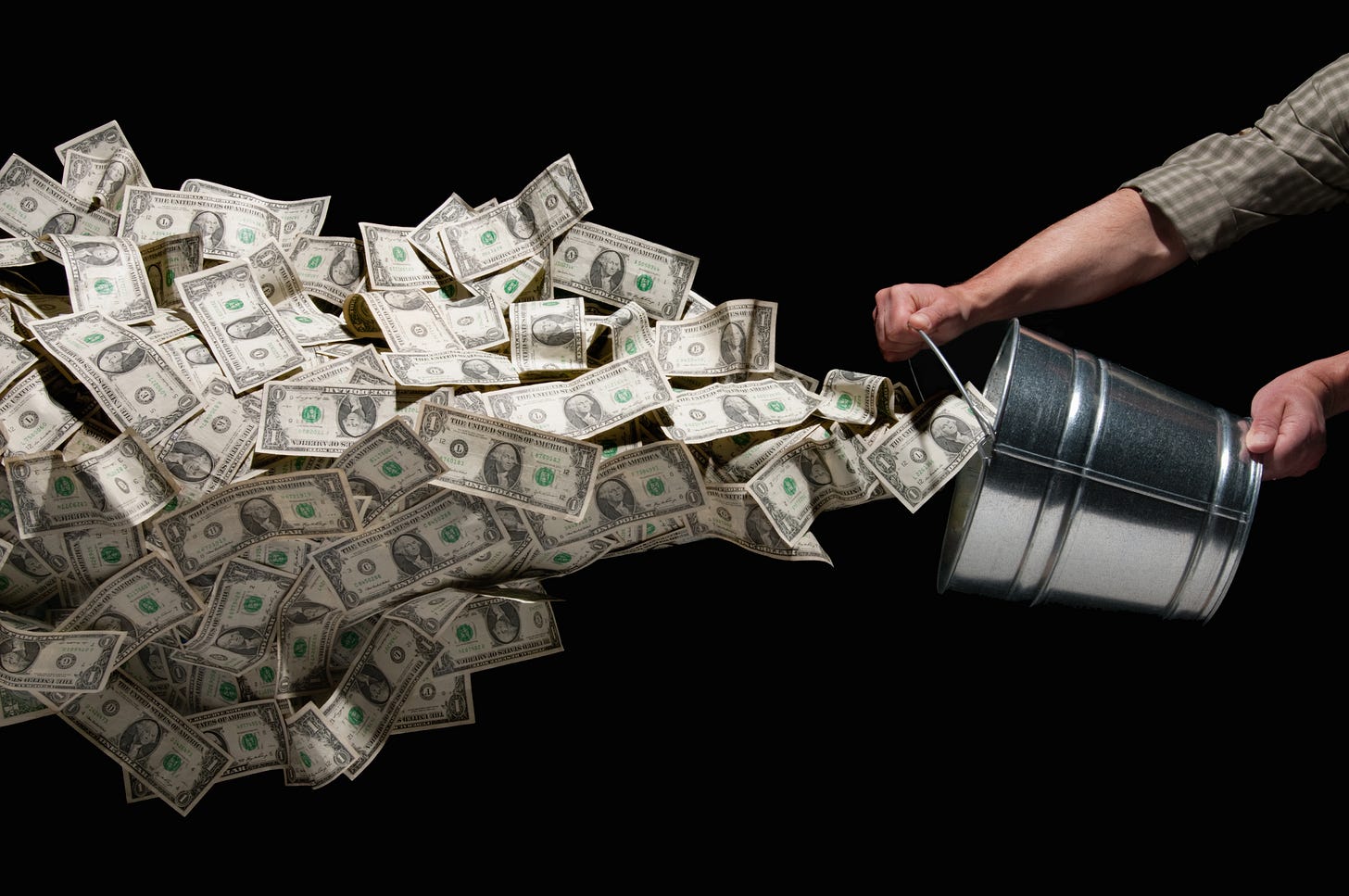The Money Issue
A look at the buckets of cash being thrown at the Super Bowl, the IPL, Premier League and PGA Tour - meanwhile, The BYC continues to flourish on the smell of an oily rag.
Judging by the feedback from yesterday’s Bounce, there are a lot of grumpy Winter Olympic watchers.
It’s nice to know I wasn’t just one old man shouting at clouds1.
The coverage has been dire and it continued last night as the broadcaster and commentator got completely blindsided in the men’s 20km biathlon. So obsessed were the cameras with the…
Keep reading with a 7-day free trial
Subscribe to The Bounce to keep reading this post and get 7 days of free access to the full post archives.




